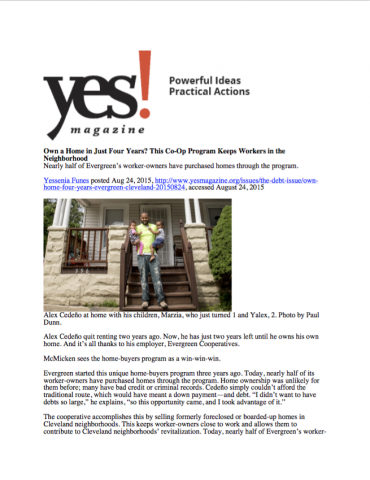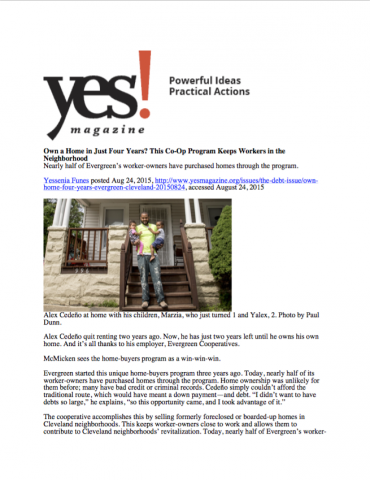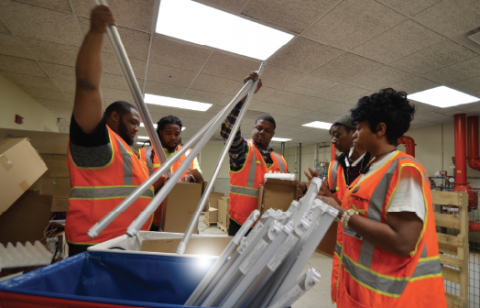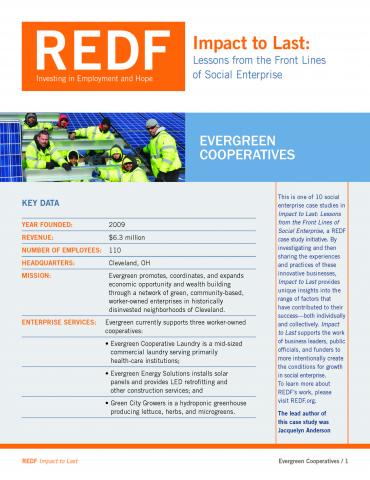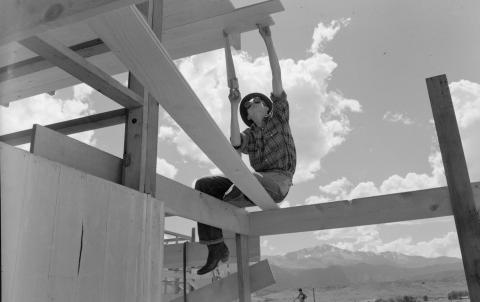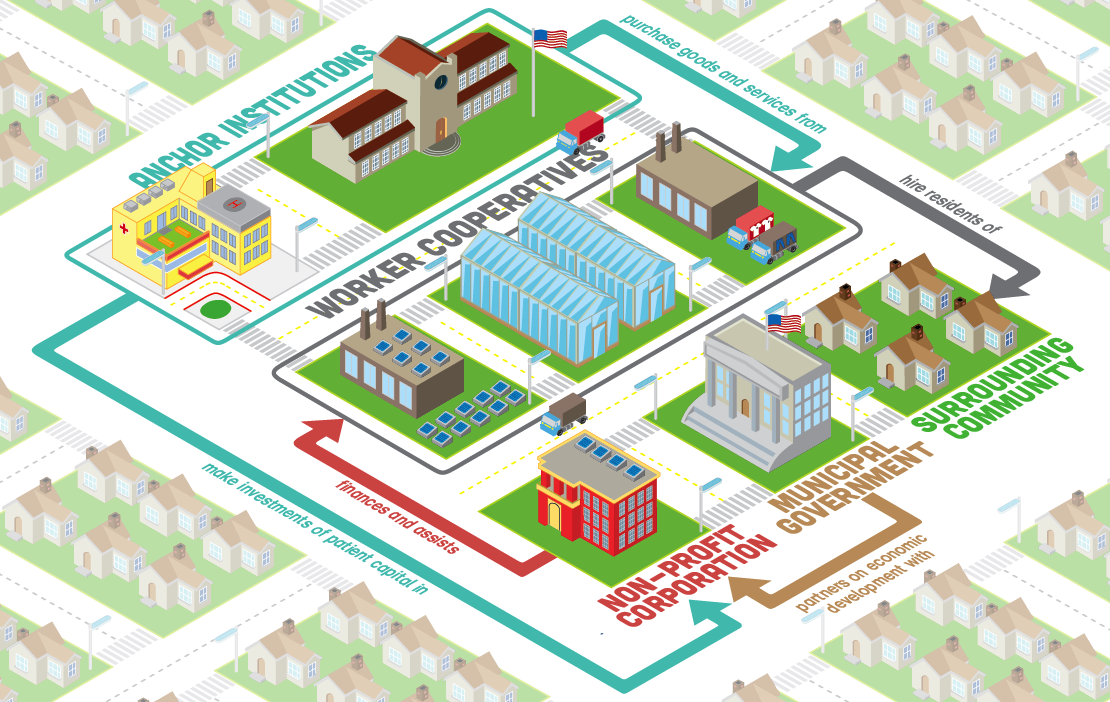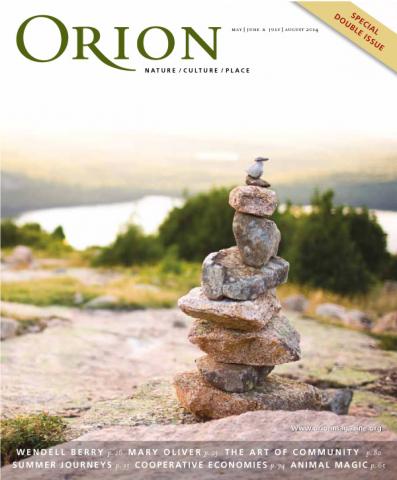Tom Gann writes for New Socialist in "Labour's New Economics Conference: Part Five, Local Democratic Economic Strategies." Gann recaps the UK Labour Party's panel, "Local Democratic Economic Strategies," at the New Economic Conference. The panel included Matthew Brown, Preston City Council; Heather Wakefield, UNISON; Ted Howard, president/co-founder of the Democracy Collaborative:
Ted Howard, Democracy Collaborative
Howard began by talking of the “pilgrimage” from the USA to Preston, and how Preston had now eclipsed what had been achieved in the US. He then outlined the principles of Community Wealth Building.
- The priority of labour over capital, particularly in a crisis, with continued stable employment more important than capital’s profits.
- The need for local and broad-based rather than absentee ownership, as the basis for asserting what interests are valued.
- The importance of active democratic ownership contrasted with the passive, consumer model of neoliberalism.
- The central role for multipliers and internalising the circulation of money with investment sticking rather than capital being extracted.
- Economic development understood not as a partnership between the state and business, in which the state is unaccountable and subordinate, but as a multistakeholder process.
- Place matters, direct investment in neighbourhoods, particularly neighbourhoods of colour is necessary, trickle down particularly into these neighbourhoods cannot be relied upon.
- Systemic change, the current system destroys the environment and produces inequalities so it’s necessary to move beyond amelioration to build systems that produce different outcomes.
Howard concluded, with the properly Marxist-humanist insight, “people made our systems, we can remake them” (or, “if there’s been a way to build it, there’ll be a way to destroy it, things are not all that out of control”).
